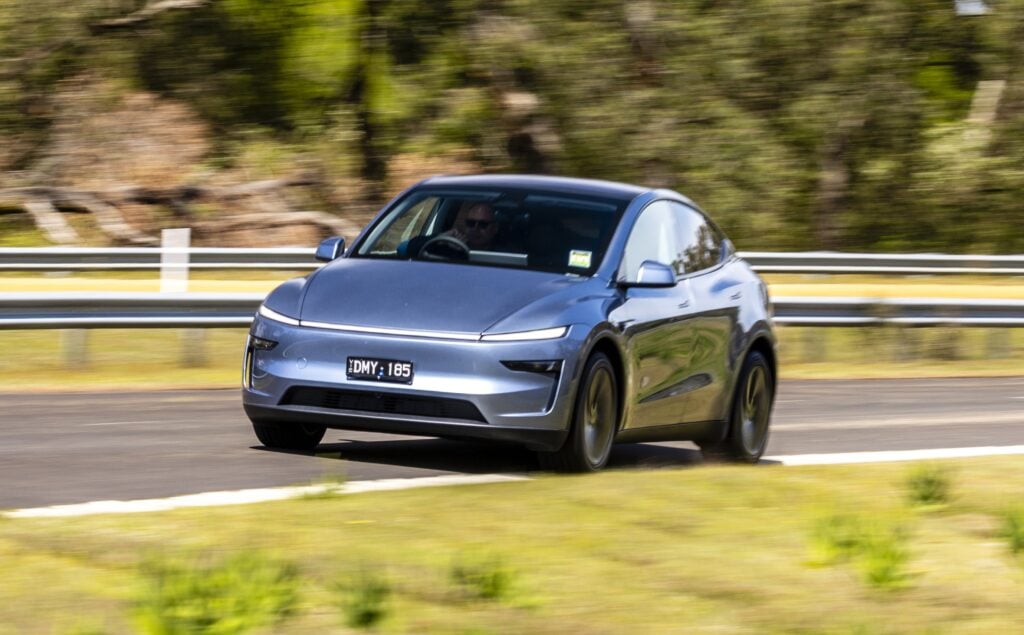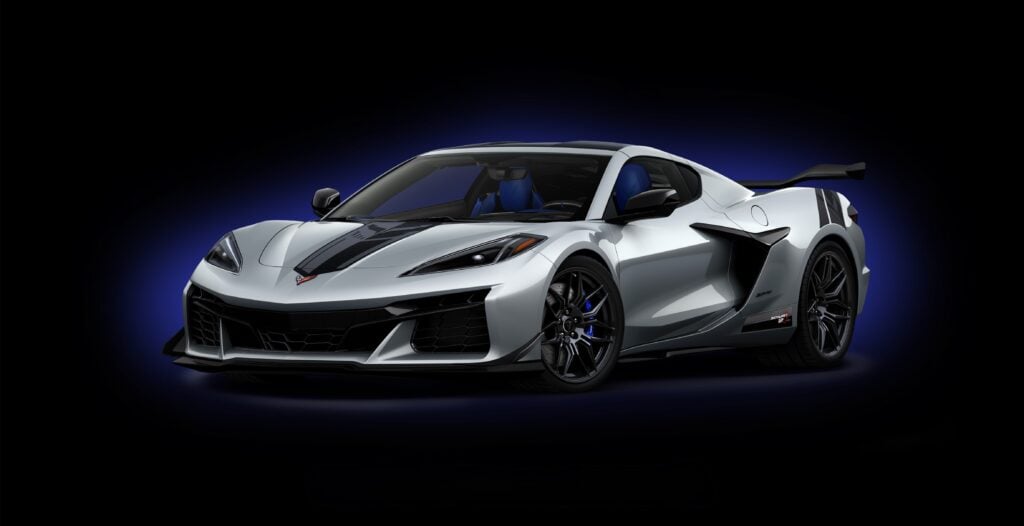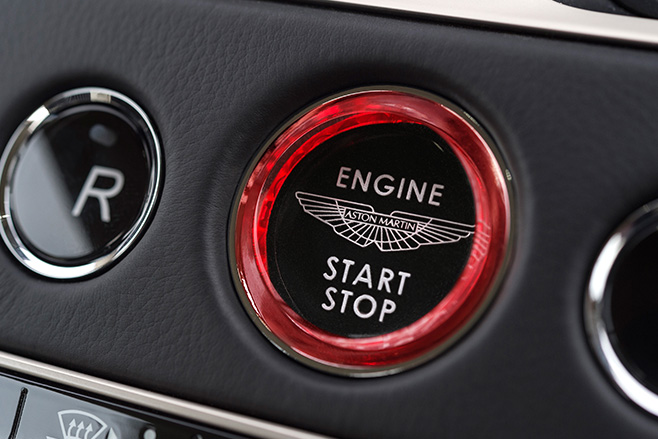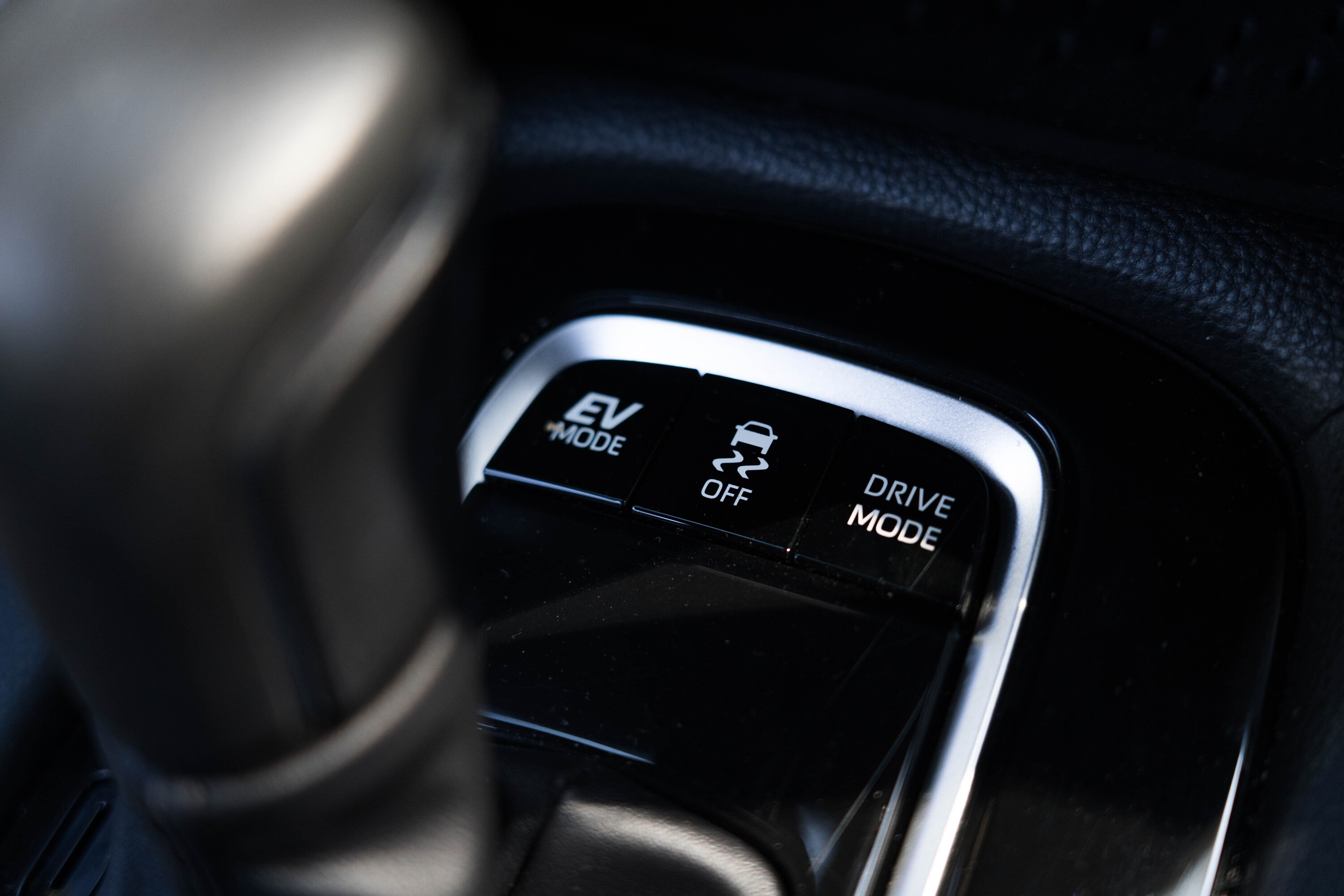
Toyota has pivoted to EVs after decades of focusing on hybrids, but the brand wants us to remember there’s an oft-overlooked way to help the environment and your wallet right now: Eco mode.
The carmaker’s connected-services division conducted a study of more than 2000 Toyota and Lexus employee-owned vehicles, who drove more than 777 kilometres collectively in eco or electric vehicle driving modes, exclusively.
Snapshot
- Toyota study claims dramatic savings by pressing eco or EV driving modes
- Estimated up to 26 per cent CO2 exhaust emissions reduction
- Collectively, around 19,000 litres and $27,000 in fuel avoided
The study concluded that driving a petrol-electric hybrid vehicle in eco mode could reduce CO2 exhaust output by up to four per cent – whereas a regular combustion vehicle could slash CO2 emissions by up to 26 per cent.
It’s worth noting that simply changing your driving behaviour – such as only gently pressing the accelerator, using higher gears when suitable, and avoiding idling – can also cut emissions and fuel expenses.
After just six days of data, the Japanese automaker also claimed that the participants collectively:
- Saved $27,691 (US$18,304) in fuel costs
- Avoided using 19,272-litres of gasoline
- Reduced 45,235,623 grams of CO2 greenhouse gases
- Equivalent to 748 trees absorbing carbon for 10 years
- Saved $27,691 (US$18,304) in fuel costs
- Avoided using 19,272-litres of gasoline
- Reduced 45,235,623 grams of CO2 greenhouse gases
- Equivalent to 748 trees absorbing carbon for 10 years
As of April 2023, petrol-hybrid versions of its Yaris city car, Yaris Cross light SUV, and Corolla sedan top the list of Australia’s most fuel-efficient vehicles by claim.
However, the Japanese automaker has long been criticised for reportedly lobbying policymakers [↗] to slow down the shift to full battery-electric vehicles and weaken emissions standards overseas, while maintaining a diverse powertrain strategy that includes hydrogen tech.
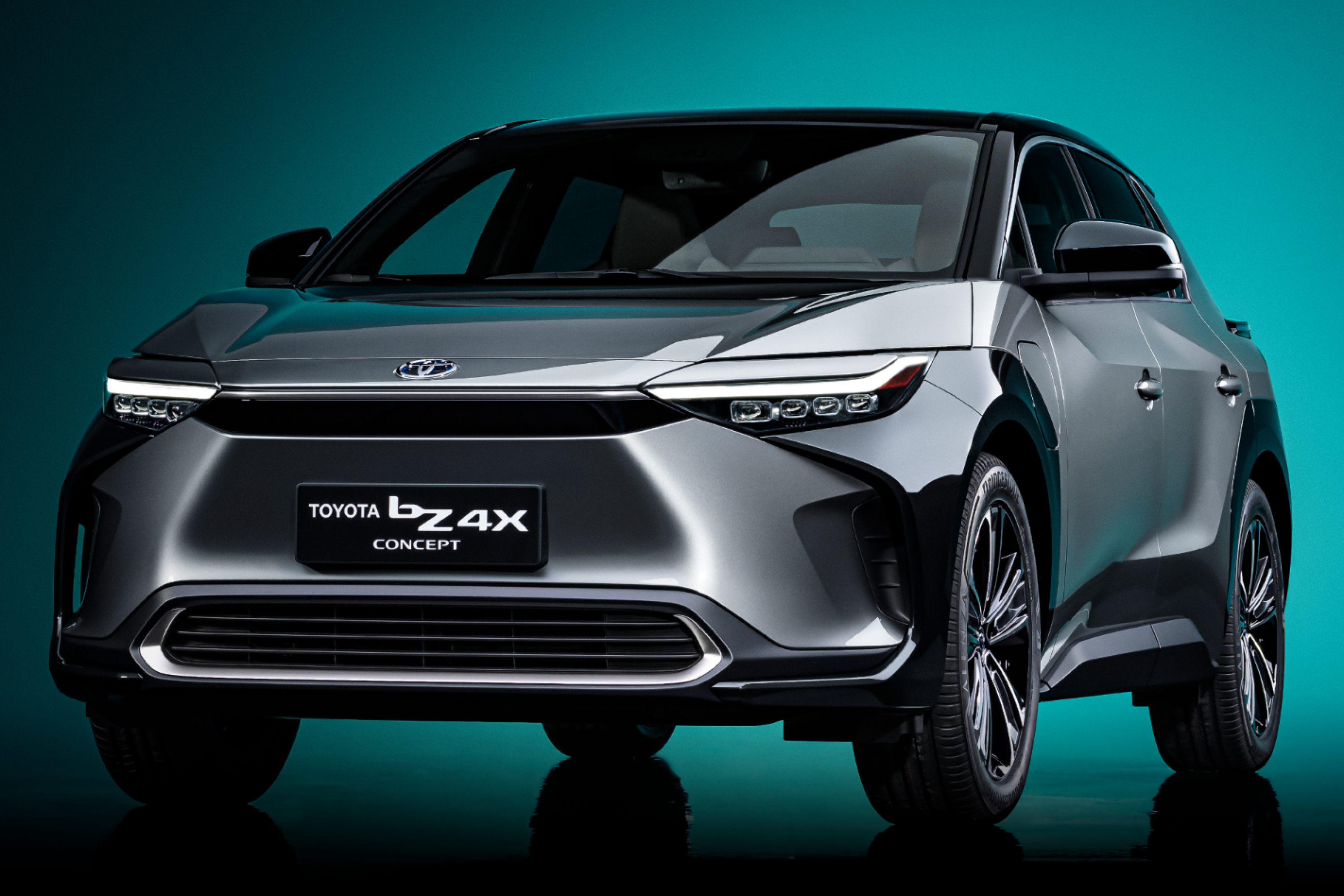
But, in an acknowledgement of market forces, Toyota’s new CEO Koji Sato has promised to prioritise releasing more battery-electric models, with a new dedicated EV platform coming in 2026.
The Toyota BZ4x SUV will land in Australia by the end of this year as the company’s first full EV, which will follow the just-launched Lexus RZ sibling.
We recommend
-
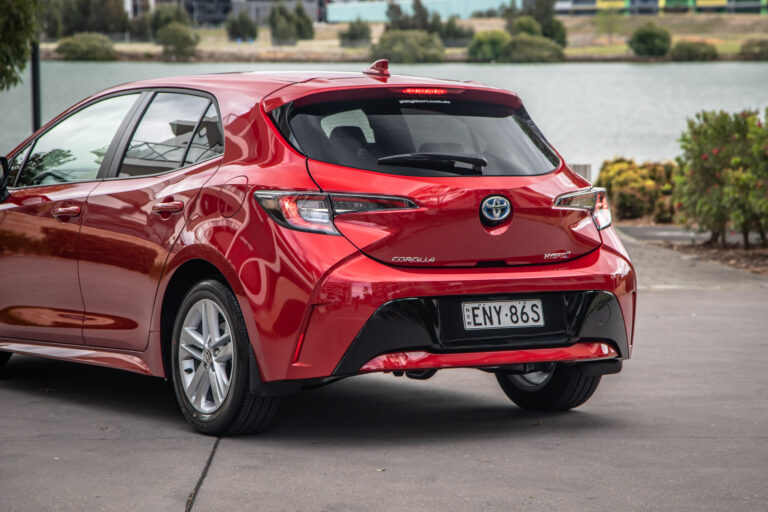 News
News2023 Toyota Corolla Hybrid may move to three-cylinder engine
The Corolla is set to receive a new hybrid powertrain, along with a host of upgrades from next year
-
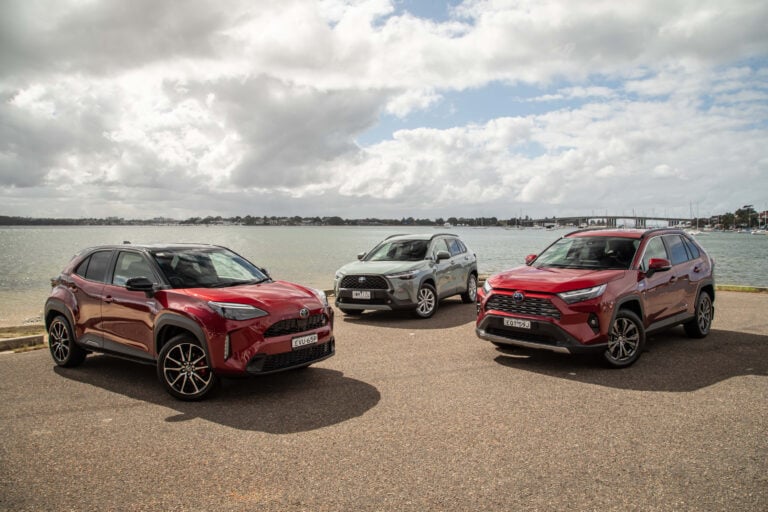 Comparisons
ComparisonsToyota hybrid comparison: 2023 Yaris Cross vs Corolla Cross vs RAV4 review
Toyota's expansive hybrid SUV range looks a little complicated from the outside, so we put three of them together to help find the best one for you
-
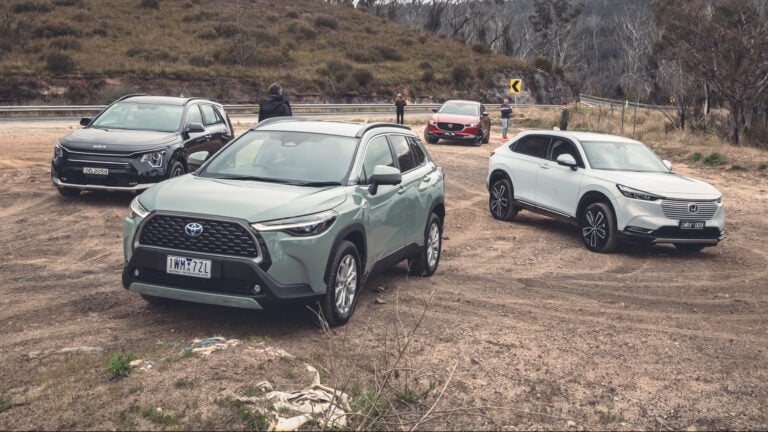 Comparisons
ComparisonsBest small hybrid SUV review: 2023 HR-V v Corolla Cross v Niro v CX-30 (petrol)
The increasingly important small SUV category has been crying out for new under-bonnet tech and better interior packaging. Are these four up to the task?



